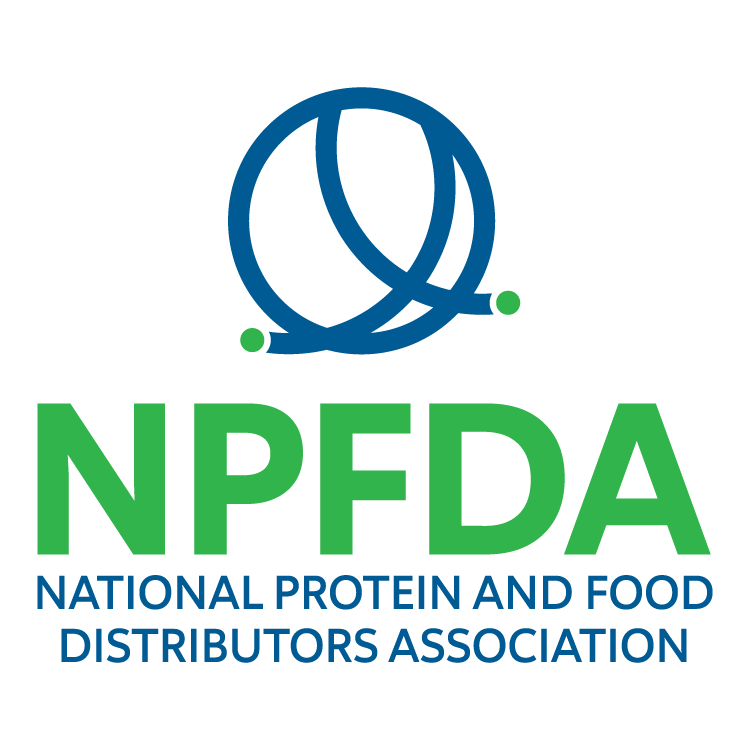Authenticity in chicken sustainability builds consumer trust

Broiler companies face mounting pressure to authentically communicate sustainability efforts as greenwashing incidents surge, while "green hushing" threatens to alienate environmentally conscious consumers.
At the 2025 Chicken Marketing Summit, Nancy Himmelfarb, principal, Himmelfarb Sustainability Consulting. warned that both deceptive environmental claims and silence around sustainability initiatives pose significant risks to consumer trust and brand reputation.
Trust is fragile
Consumer trust rests on three pillars: belief in the company and product quality, confidence in consistent delivery of promises, and willingness to provide long-term support through purchases and recommendations. Sustainability enhances trust by demonstrating shared values, proving responsibility through performance and creating shared purpose, Himmelfarb explained.
However, trust remains fragile. Studies show consumers increasingly can spot greenwashing — defined as inconsistent, vague or unverifiable environmental claims — and respond by refusing to purchase from offending brands.
Avoiding the green hushing trap
Himmelfarb also cautioned against “green hushing" — backing away from sustainability communications due to fear of accusations or political backlash.
Despite 87% of businesses maintaining or increasing sustainability funding, some companies have grown silent about environmental efforts. This silence carries risks, as consumers can interpret this as evidence of "fair-weather values," she said.
Effective sustainability communication requires truthful, clear messaging that avoids emotionally distant abstractions. Companies should focus on positive, empowering communication about choices that benefit both consumers and the environment.
A 3-part framework for messaging
A three-part framework for effective sustainability marketing can help companies determine a pathway for communication, Himmelfarb said.
The first element — value — requires companies to clearly define why sustainability matters to their specific business beyond generic planet-saving rhetoric. The second component — viewpoint — demands authentic positioning that is unique clear and emotionally engaging. The third element — vehicles — encompasses communication methods that translate technical jargon into "kitchen table talk" consumers understand, emphasizing immediate personal benefits rather than abstract environmental concepts.
Sustainability marketing represents an ongoing journey that will require changes and adaptation along the way as company strategies and consumer expectations evolve, Himmelfarb emphasized/
